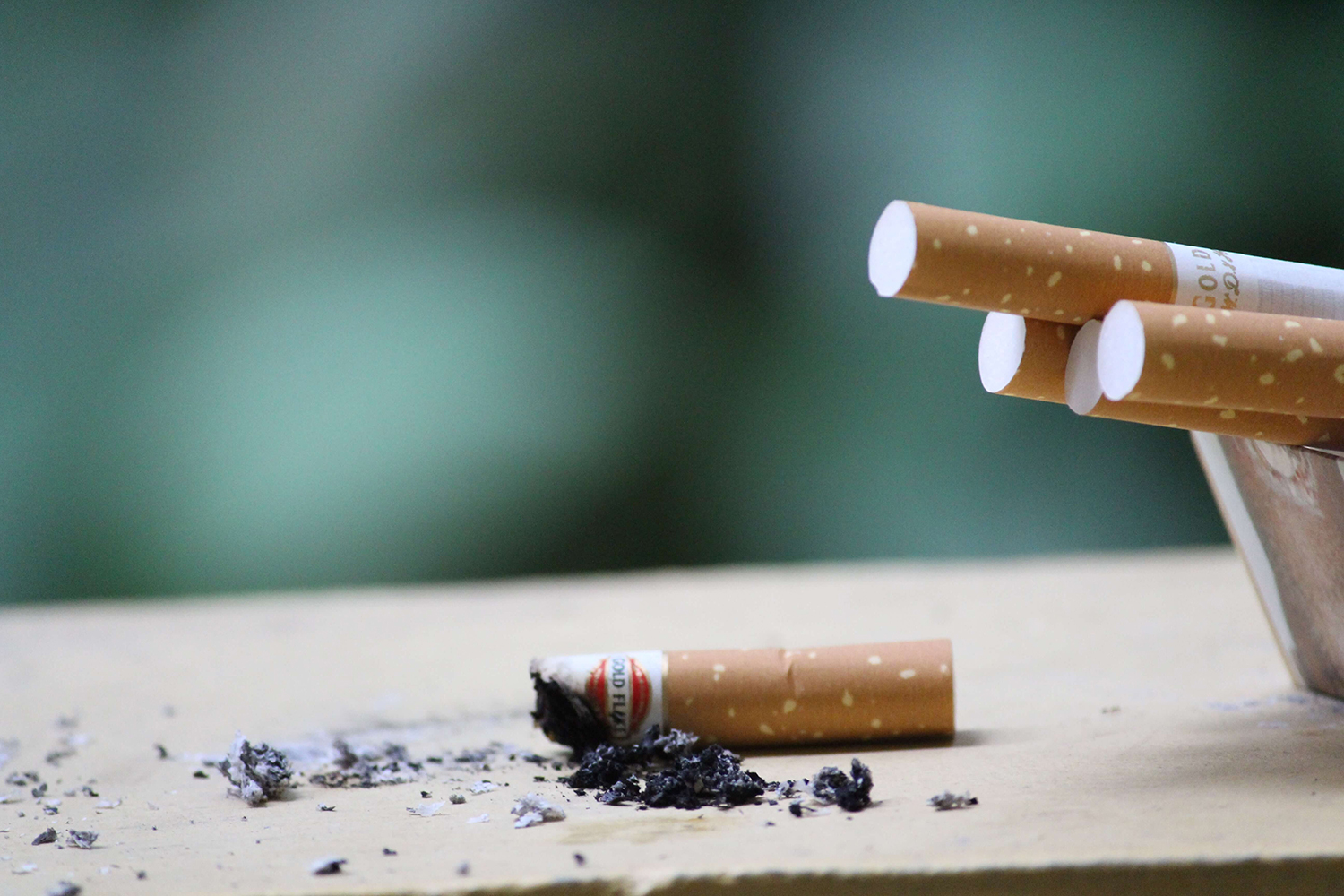RESOURCES to identify ADDICTION and Substance Use
Identify Substance Use, Drug Use, and Addiction

According to the United Nations and World Health Organization, substance use is defined as “the use of psychoactive substances regardless of their controlled status, including hazardous and harmful” uses, and includes the following substances: drugs, tobacco, alcohol, and inhalants. 1
Drug use is defined as “the use of psychoactive substances outside the framework of legitimate use for medical or scientific purposes.” 2
The Council of Europe, European Union, identifies drugs as “all psychoactive substances (‘substances that people take to achieve a change of mental, physical or emotional state’) including tobacco, alcohol, medicinal drugs and volatile substances (inhalants).” 3
Moreover, it’s important for students and young people to understand substance use because “it is often in the teenage years that psychoactive substances are tried for the first time. Young people may be especially vulnerable – because of immaturity and inexperience.” 4
According to the European Monitoring Centre for Drugs and Drug Addiction, an addiction is defined as, “a repeated powerful motivation to engage in a purposeful behavior that has no survival value, acquired as a result of engaging in that behavior, with significant potential for unintended harm.” 5
Therefore, an addiction is a psychological or physical dependence on a substance or a certain behavior; however, it does not define a weakness of character, but a disease. People struggling with an addiction feel a strong compulsion or desire to consume a substance or perform a certain action. In this context, addiction always means a psychological dependence. A physical dependence is not always given but instead depends on the respective substance a person takes.
Criteria for recognition
According to the World Health Organization (WHO), addiction or dependence is said to exist if at least three of the following criteria have occurred over a period of one year:
-
- Strong desire or compulsion to use a certain substance
- Increase in consumption or behavior in order to achieve the desired effect
- Decreased ability to control or complete loss of control over one’s own behavior, especially with regard to the onset, cessation, and quantity of use
- Psychological and physical withdrawal symptoms upon reduction or cessation of use or behavior
- Continuation of consumption despite knowledge of (own) (permanent) harmfulness
- Withdrawal from social life and progressive neglect of obligations and interests
Addiction develops – in most cases – over a longer period and often comes insidiously. Therefore, the transition to addiction is often difficult to recognize, both for those affected and for their relatives.
What is the best way to help a person with an addiction?
The desire to support someone struggling with dependency is legitimate, caring, and deeply human. But which actions truly make a difference?

- Name the addiction problem
- Introduce barriers to access
- Establish and maintain a boundary
- Addiction is an addiction; addiction is a disease
- Talk openly about addictive behavior and ask for help
Even if a person struggling with an addiction jokes about it (or a casual approach to addictive substances is common in the respective culture): an addiction is an addiction and should, if possible, also be labeled as such to the family members.
If someone with an addiction must make and pay for the purchases of their addictive substances her*himself, this may be more troublesome than, for example, if a bottle of alcohol is provided by relatives at any time or the next computer game is given as a birthday present.
Friends and family members of someone struggling with an addiction are often affected by the addiction. However, it’s important for relatives to establish and maintain a boundary so that they are not consumed by the addiction. Relatives are encouraged to not take on or carry the negative consequences, everyday obligations, or everyday stresses of the person struggling with an addiction.
This is a fact and does not require excuses or justifications by relatives.
Friends, neighbors, relatives, and acquaintances are supporters in the fight to help a loved one struggling with an addiction. Sometimes, the assessment of the problem by outsiders is usually taken more seriously than by the immediate family or close circle of friends.
It is important for those facing dependency to recognize their own behavior, understand the consequences, and address the issue directly. Out of concern for their loved one, family and friends often try to control the person’s behavior. However, this is not possible—each individual can only take responsibility for their own actions.
What can I do for myself as a family member of someone struggling?
Usually, a family member’s addiction affects the lives of everyone in the family. The following tips can help you to take good care of yourself:
- Prioritize your own health, and find time and space to rest.
- Try to lead an independent life, take care of your own daily obligations, and maintain your social contacts.
- Be aware of your own limits. Ask yourself what you can tolerate and what you cannot. Therapeutic measures should always be set by trained therapists, not by family members.
- Seek help: it’s okay to not be okay; however, you don’t need to stay there. Seek professional help from psychologists and therapists to receive support.
- Consider joining an Al-Anon meeting to receive group support from others who care about a loved one struggling with an addiction
- Remember that you can only control your own behavior and your actions when dealing with a loved one who is struggling with an addiction. But you cannot control the behavior of other people.
Further information and resources about addiction and substance abuse
General Information and Resources for Rehabilitation Centers in Austria
Expatica – Information on Mental Health and Addiction in Austria
Information about the Austrian Addiction Prevention Strategy
Information and Prevention Resources about Drug Usage in the EU
Need Help? Contact the ÖH FH OÖ Student Helpline
Find an Alcoholics Anonymous (A.A.) meeting near you (meetings in English)
Would you like to contact us or improve FH OÖ Compass? We look forward to hearing from you!
You are welcome to send us (Compass-Team) a message anonymously or directly.
-
- If you want to write anonymously, just type the message and send it.
- If you have a personal question and need an answer, please also include your email address!
